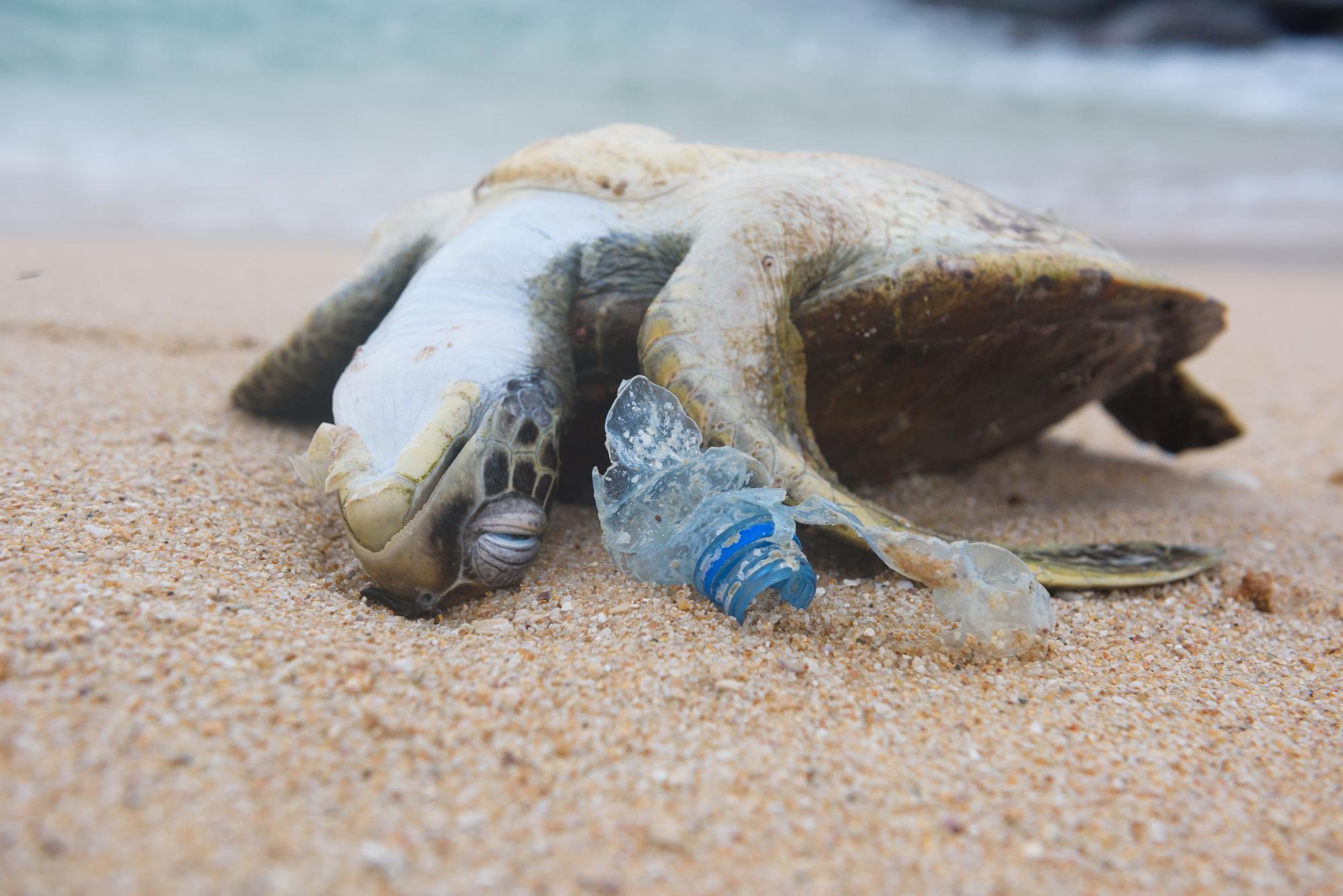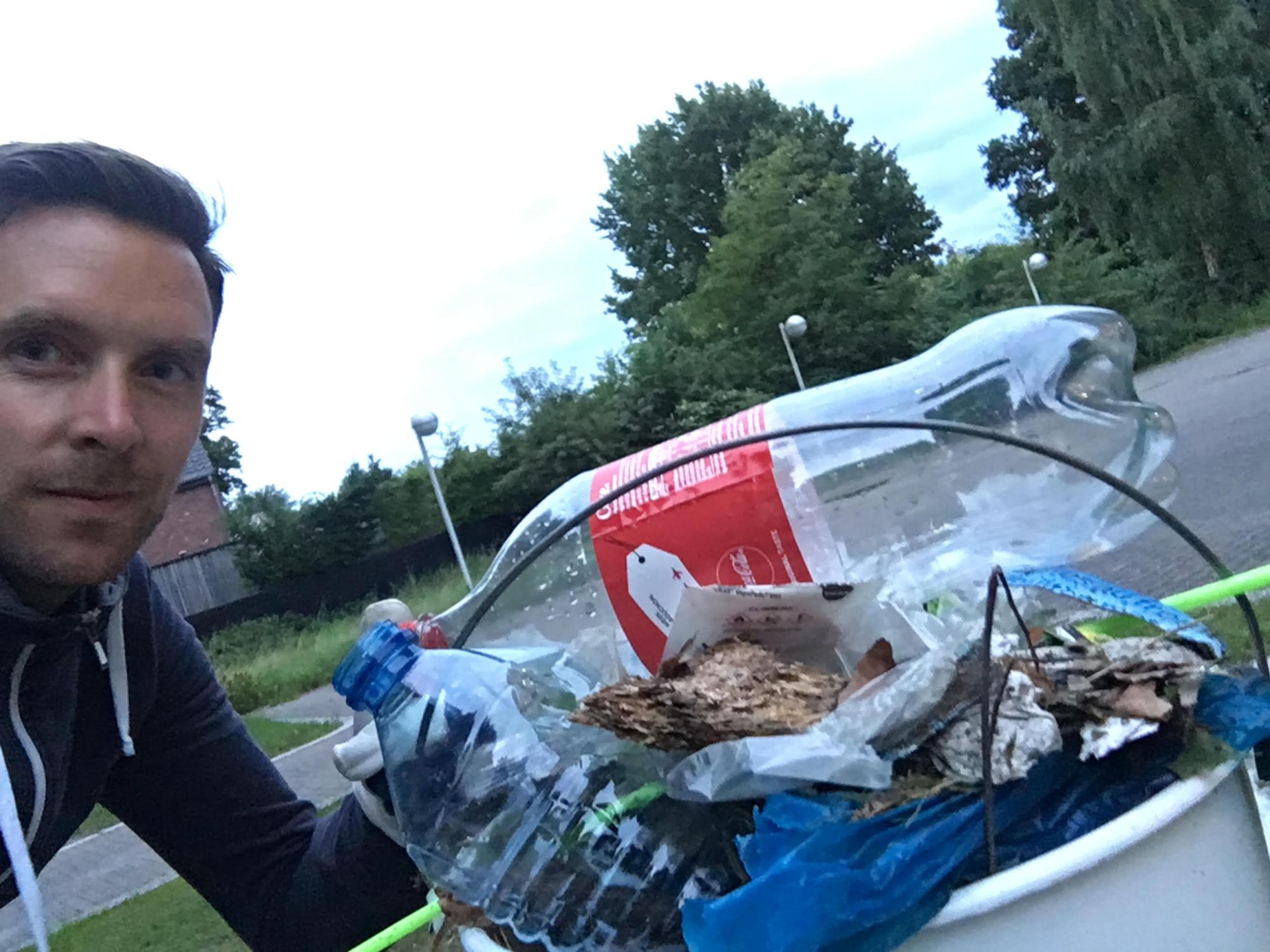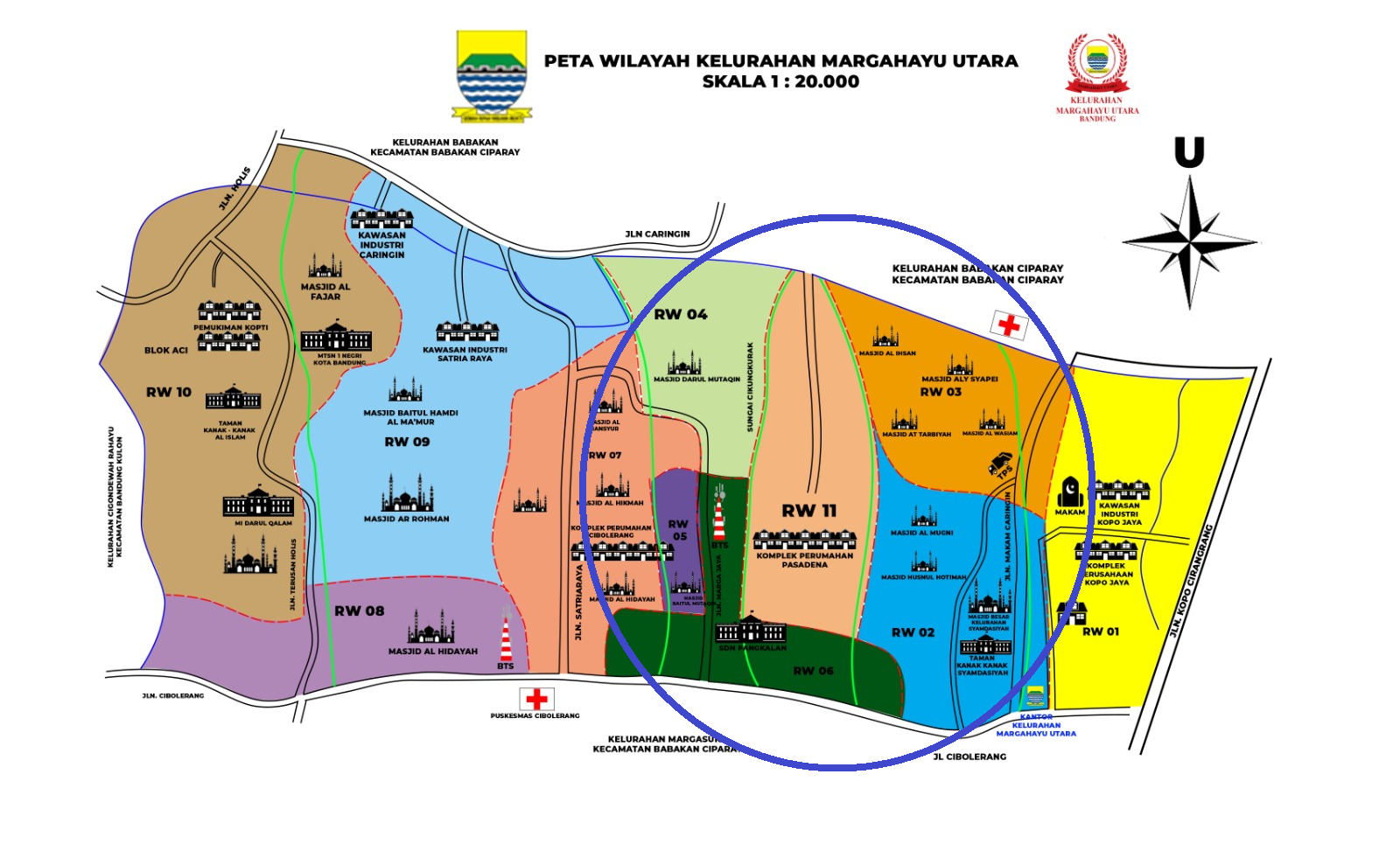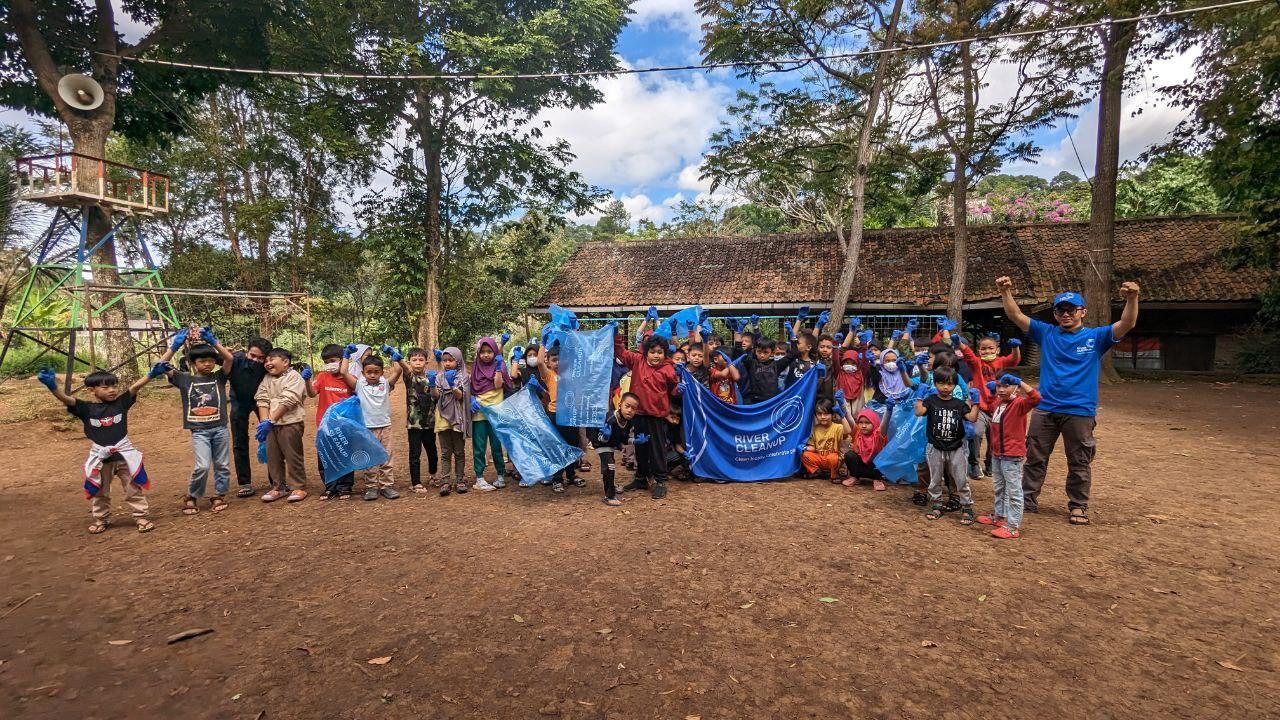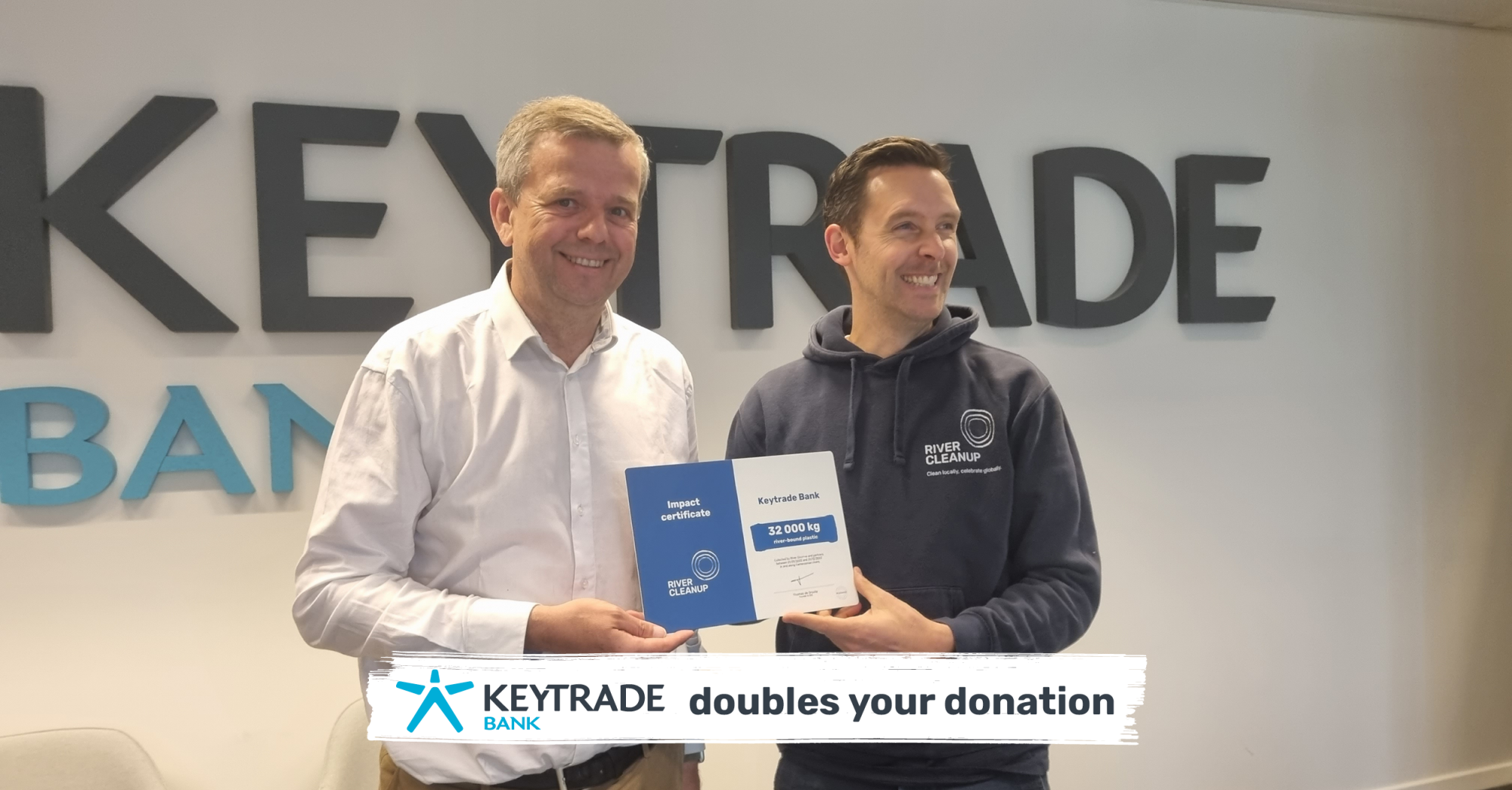Every year, 11 billion kilos of plastic waste ends up in our oceans, mainly through rivers.
Once plastic waste reaches the sea, it's much more difficult and expensive to get it out of the water and it causes enormous damage to animals that live in and around water.
To really solve this 'plastic soup', we need to tackle the problem at the source, before it flows to the sea: the rivers. There are 1,000 rivers that account for 80 % of river pollution.
Plastic is everywhere
Are you concerned with our environment and the plastic waste in rivers and oceans? Are you concerned about animals living in and along the water and literally choking on plastic waste? Do you care about your health and want to do something about the (micro)plastic pollution you are exposed to?
Microplastics
We often come into contact with plastic, even if we don't always see it. Take microplastics, which are tiny particles of plastic, often so small that we cannot see them with the naked eye. Microplastics are in the water we drink, the fish we eat, the products we put on our skin and the (synthetic) clothes we wear. Not surprisingly, in October 2023, the European Commission banned the sale of certain products to which microplastics are deliberately added. Much needed, but not enough yet.
My life's mission is to make rivers plastic-free
What started for me in 2019 as a challenge to pick up 10 minutes of litter has grown into a dream and personal life mission to make rivers around the world plastic-free. That's why I founded River Cleanup. By 2050, I want to make the 1,000 rivers that account for 80 % of river pollution plastic-free. Ambitious? Yes, but necessary. And I am not alone.
Since 2019, 230,000 people in 98 countries have helped to remove plastic from rivers. With River Cleanup we have installed 50 preventive 'ecobins' (a kind of collection bins for plastic) and 10 river technologies in several countries, conducted actions with 50 schools and collected more than 3 million kg of river waste.
Cleaning up waste is necessary, but the best way to get rivers clean in a sustainable way is to avoid plastic ending up in rivers. So we need to commit to more than just cleanup campaigns.
If I want to make 1,000 rivers plastic-free by 2050, I need an integrated and scalable model with impact.
Here's where you can help me.
"The most efficient and effective way to clean rivers, is to prevent plastics from ending up in the river."
Clean River Model
We are currently testing a model along 2 highly polluted rivers: Wouri in Cameroon and Citarum in Indonesia. We call it the 'Clean River Model'. It is a holistic approach that commits to:
- Cleanup actions
- Prevention, collection, sorting and recycling through public 'ecobins' where people can dispose of their plastic waste (instead of in the streets or in the river)
- Raising awareness of future generations through workshops and other activities in schools
- Transforming companies in producing and/or using less single-use plastics
This strong model earned River Cleanup the Trends Impact Award for ecology on 25 October 2023.
Test this model at district level
River Cleanup has been testing this model since 2023 in a 7-kilometre zone around each of the two rivers. Now I also want to test the model at district level. We have already found 1 suitable neighbourhood or 'kelurahan' in Indonesia: Margahayu Utara, a neighbourhood southwest of the city of Bandung, on the tributaries of the Citarum river.
By 2025, I want to prove that this Clean River Model works. Then we can scale it to more neighbourhoods and rivers. And from 2026, we can make this info available through a hub, the River Hub, so that many more people along rivers can take action, based on our open-source good practices. By 2030, we want to be at 100 rivers, by 2050 at 1,000 rivers.
Would you like to help River Cleanup do this? To test this model in 1 neighbourhood, I am looking for 50,000 euros.
Safety equipment
Help 5 local waste collectors with safety equipment: a wading suit, boots, short and long gloves, safety ropes with carabiners, a life jacket, helmet, headlamp, portable ladder and specific tools to loosen waste stuck in the river.
Empower 10 schools
With your support, we can empower 10 schools. We coach schools, teachers and students towards more sustainable behavior, give them training materials and workshops. We deploy an ecobin in every school.
Sorting facility equipment
With your donation, we can equip a material recovery facility (MRF) with a dryer and baler. A MRF sorts, washes, dries, presses (with a baler) and prepares all collected river waste to be made into a product again or to be properly processed.
A tricycle to collect waste
With your support, we can buy a three-wheeled motorcycle with loading platform to collect the plastic waste in the ecobins.
High impact cleanups
Help our local waste collectors to remove 2,500 kilos of plastic from the Citarum river.
10 ecobins
Help us produce and deploy 10 ecobins in the neighbourhood to collect plastic waste.
Your donation will allow us to purchase the materials needed to test the model
River Cleanup will assume the staff and coordination costs of this project.
By 29 January 2024, exactly on River Cleanup's fifth anniversary, I want to collect this amount.
Will you help me do this? That would really be the best birthday present for River Cleanup!
With your support, we can test our River Cleanup Model for the first time at district level. This way, you will contribute to a model that is impactful and you will enable River Cleanup to scale this to 1,000 rivers by 2050. You are part of our mission to reach 1,000 plastic-free rivers and a future without plastic pollution in what we eat, drink and breathe.
And there's more: every euro you donate is worth twice as much. Keytrade Bank believes so strongly in this project that the bank doubles every donation!
Fantastic, right? So with your donation, you create a double impact on plastic-free rivers.
"We strongly believe in this project"
“At Keytrade Bank, we want to contribute to clean, plastic-free rivers. Our bank will be doubling every donation from now until 29 January 2024 as a celebration of our partner's 5th anniversary, but more importantly as an advocacy of River Cleanup's noble mission. Don't hesitate to have us dig in our pockets by being as generous as possible yourself."
Thierry Ternier, CEO of Keytrade Bank
Tax certificate in Belgium
Did you know that a donation of 40 euros actually costs you only 22 euros?
Because you recover 45 % via your tax return. For donations of 40 euros and more, you will receive a tax certificate from the King Baudouin Foundation early next year. If you want a tax certificate, it is important to donate via our online King Baudouin Foundation campaign page.
The tax certificate only applies to your donation, so excluding the doubling Keytrade Bank will do on top of your individual donation.
Keytrade Bank will double donations to this project up to a maximum of 50,000 euros. If we raise more funds than needed for the project, we will use the extra funds for similar projects that contribute to our mission of plastic-free rivers.
